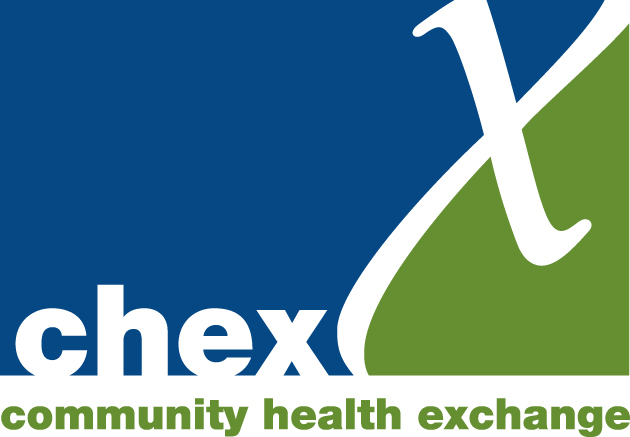What are we saying about health inequality?
/Earlier this year, CHEX submitted a response to the Scottish Parliament Inquiry into Health Inequalities. We thought we’d summarise the key points we made in our submission.
CHEX regularly contributes to policy consultations, and other policy-related discussions. You can get a sense of some of the themes we cover by glancing at our policy briefings. Importantly, what we say is always informed by our work with the CHEX network, and we’d be pleased to hear from you if you have any comments or questions.
Our key points
A national prevention drive
Some positive policy developments in Scotland (such as the doubling of the Scottish Child Payment and protecting free personal care) cannot hide our overall failure as a country to address our glaring, tragic and avoidable health inequality.
The Scottish Government should put in place a national drive to eradicate inequality, with an accompanying high level promotional campaign.
Until we address the prevention agenda by targeting public resources and interventions more upstream to prevent problems later, we will fail to reverse the trend of worsening inequalities. This means a radical shift in the resourcing of health services, the vast majority of which are currently spent treating disease and illness.
Some required practical policy interventions are:
Introducing a national living wage.*
Progressive individual and corporate taxation.*
The creation of a vibrant democracy, and greater and more equitable participation in elections and local public service decision-making.
Labour market policies and holistic support to create good jobs and help people get and sustain work.
A concerted national campaign to eradicate inequality using the media and social media.
Greater use of citizens assemblies and other methods of deliberative democracy to inform decision making in Scotland.*
A co-ordinated and resourced programme of support to help people understand and enact human rights legislation as a means of tackling inequalities.
Stronger legislation, or enforcement of existing legislation (such as the Fairer Scotland Duty) to make strategic planning focus on eradicating inequality.
Using stage two of the Local Governance Review to strengthen the power and influence of the community and third sector within local democracy.
Making a key focus of all planning be on eradicating inequality by stipulating this in the National Planning Framework 4.
Increased funding for local authorities to provide or support services without which inequality is likely to increase, including community and voluntary sector support, public transport and culture and leisure services.
*As recommended by the Citizen’s Assembly of Scotland
Resourcing community-led health
As part of the above drive to eradicate inequality, there should be greater investment in community-led activity, and also community capacity building to ensure community-led approaches and organisations are strong for every community in Scotland
Community-led health is as an effective model and way of working that helps people who experience the poorest health and social outcomes to identify and address the issues important to them and which affect their health.
Working at the front line of responding to coronavirus and other challenges, community organisations have shown they have the knowledge and will to respond constructively to local needs and are best placed to know what interventions are required now and in the future. They have a first-hand understanding of how different policies and decisions will affect the people they work with.
Funding criteria and monitoring requirements should place more trust in the community sector to know what is best in their communities.
The work of the community sector and the expansion in ‘community spirit’ shown during Covid-19 cannot be taken for granted. If the community sector is to continue playing a key role during recovery it will need to be adequately supported by the statutory sector and independent funders in order to fulfil this role.
Required practical policy interventions, which the Scottish Government can take an example-setting lead on, are:
Resourcing of community-led health by the Scottish Government should be at least doubled.
Funding for community and voluntary organisations should be for at least 3 years.
The onus should be on commissioners and funders to understand how community-led health approaches at a local level contribute to tackling inequality at an aggregate level.
Community organisations should be involved in designing and delivering policy interventions to address health inequality
Ensuring that the application criteria for all Scottish Government funding criteria for regeneration projects includes a requirement for projects to be designed and delivered in partnership with local communities, including community and voluntary sector organisations, and also to have a clear focus on eradicating inequality.

